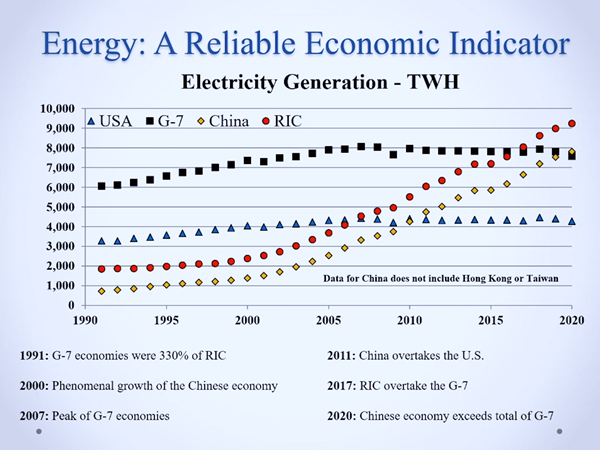Government Debt Retards Economic Growth
by Peter Schiff, Schiff Gold:

In fiscal 2018, the national debt expanded by more than $1 trillion. According to data released by the Treasury Department, it was the sixth-largest fiscal-year debt increase in the history of the United States. A combination of increased spending along with shrinking revenues continues to expand the federal deficit and balloon the national debt.
GOP apologists insist the revenue shortfalls caused by tax cuts are temporary and economic growth spurred by tax relief will eventually turn things around. Tax relief is great, but without substantive government relief in the form of spending cuts, the promised economic growth won’t likely materialize.
As we’ve pointed out on a number of occasions, studies have shown that GDP growth decreases by an average of about 30% when government debt exceeds 90% of an economy. US debt already stands at around 105% of GDP. Ever since the US national debt exceeded 90% of GDP in 2010, inflation-adjusted average GDP growth has been 33% below the average from 1960–2009, a period that included eight recessions.
But why do high levels of government debt retard growth?
In a nutshell, the debt distorts the economy. An article by economist Chris Edwards published at FEE highlights three ways upward spiraling government debt distorts the economy and puts downward pressure on growth.
- Spending Induced. Most federal spending is for subsidy and benefit programs, not for activities that increase productivity. Subsidy and benefit programs distort the economy and generally reduce overall output and incomes. Those distortions occur whether spending is financed by debt or current taxes. But the availability of debt financing induces policymakers to increase overall spending, which at the margin goes toward lower-valued activities.
- Tax Damage Compounded. When taxes are extracted to pay for government spending, it induces people to change their working and investing activities, which distorts the economy and reduces growth. When spending is financed by borrowing, the tax damage is pushed to the future and compounded with interest costs.
- Investment Reduced. Government borrowing may “crowd out” private investment and thus reduce future output and incomes. Economist James Buchanan said: “By financing current public outlay by debt, we are, in effect, chopping up the apple trees for firewood, thereby reducing the yield of the orchard forever.” The crowd out will be reduced if private saving rises to offset government deficits. But the CBO says “the rise in private saving is generally a good deal smaller than the increase in federal borrowing.” Government debt may also deter investment through expectations—businesses will hesitate to invest if rising debt creates fears of tax increases down the road.
Even the generally conservative Congressional Budget Office recently warned about the impact of the federal debt saying, a “large and continuously growing federal debt would … increase the likelihood of a fiscal crisis in the United States.”
Loading...



